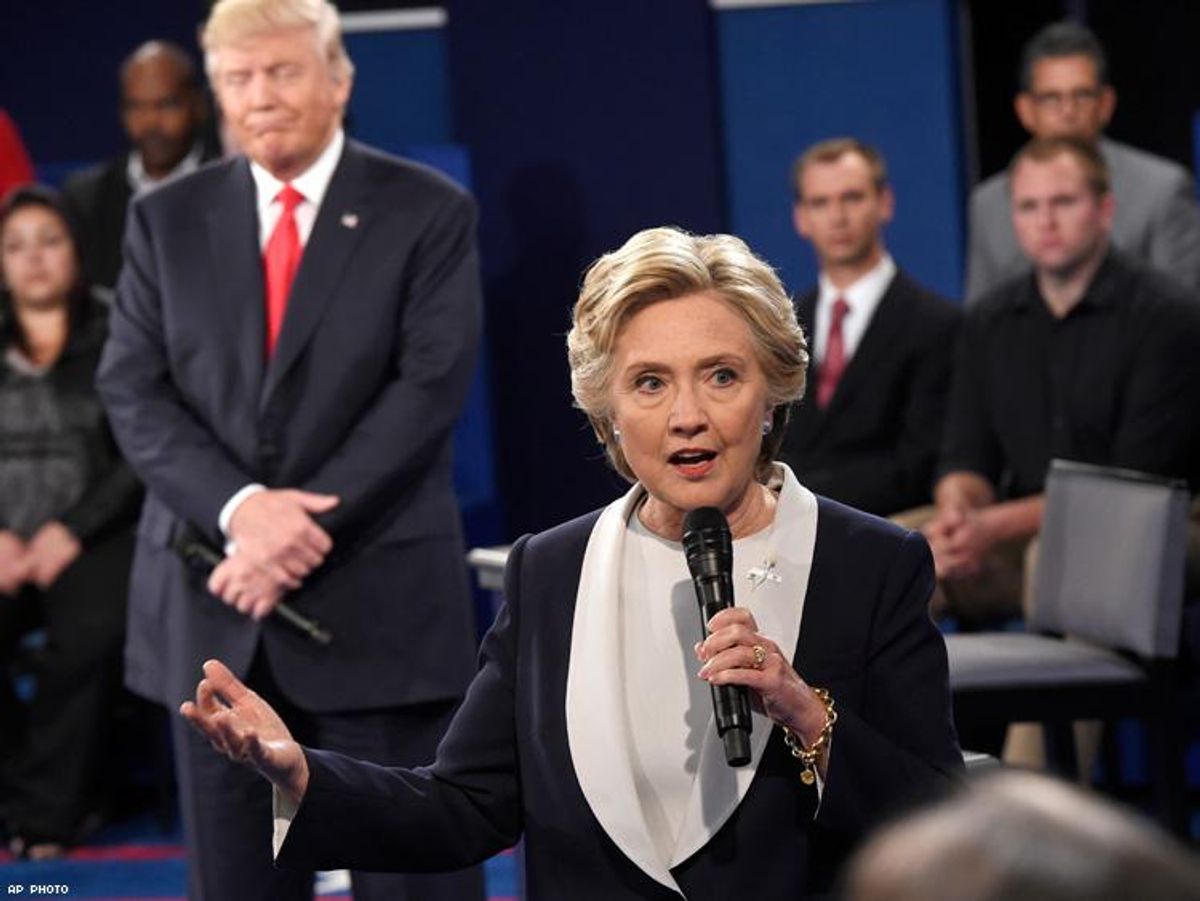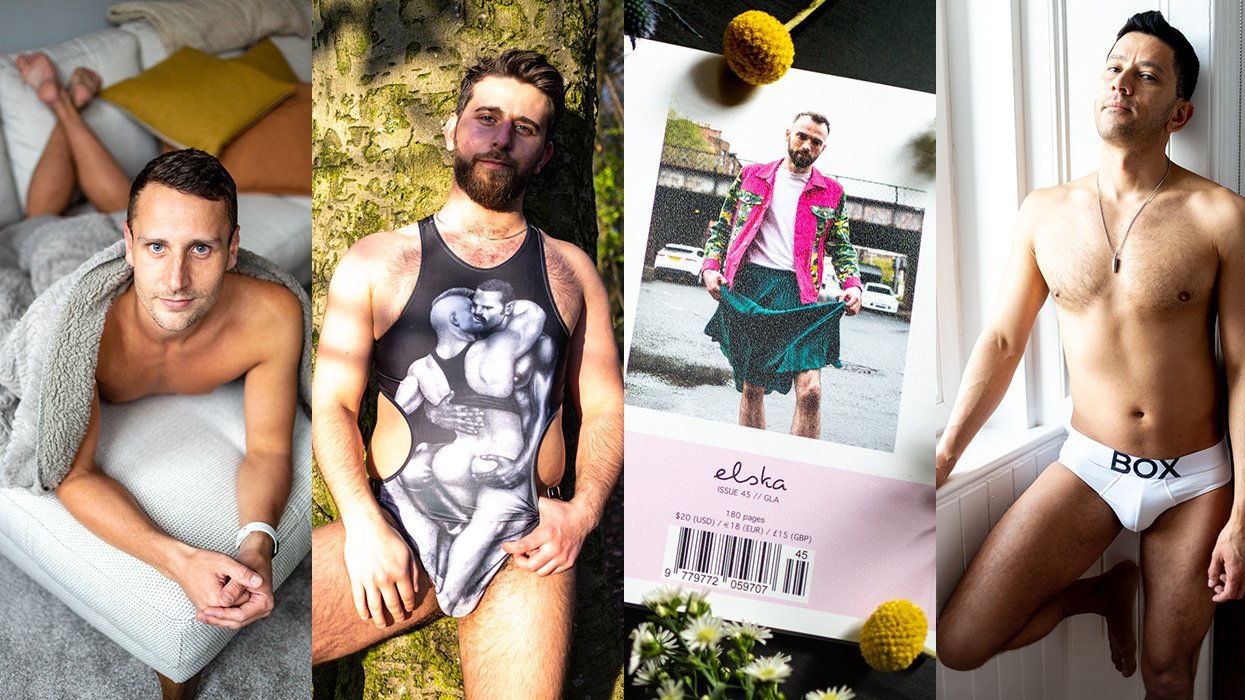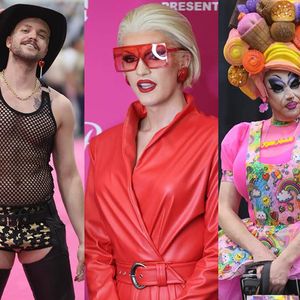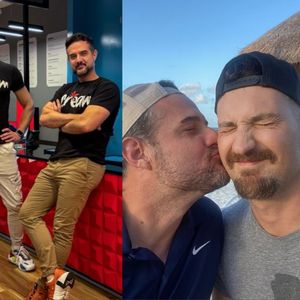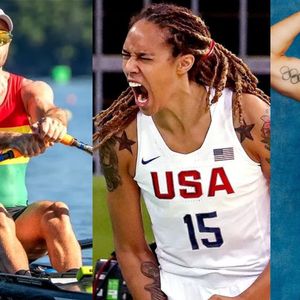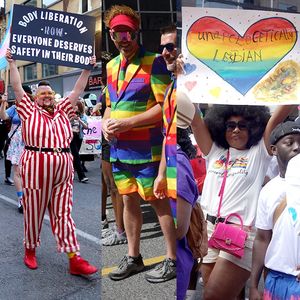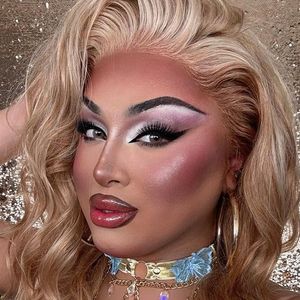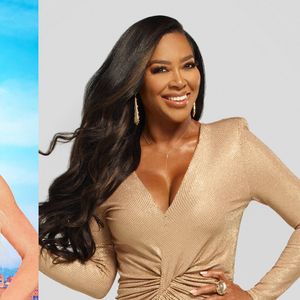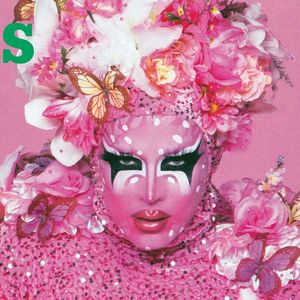Three debates in, with just one more to go, and there still has been no question about LGBT issues. Even in the vice-presidential debate with notoriously antigay Trump running mate Mike Pence, "license to discriminate" laws never came up, nor did any other LGBT issue. Discussion of a lot of issues, it's becoming clear, will be pushed out by election drama.
After the candidates traded barbs about scandals during Sunday's presidential debate, the town hall attendees' questions switched to other topics, including our "divided nation." But the answers were superficial, with little insight on the nuance of experiences of marginalized people, and how, whether or notyou live in the inner city, that experience can be afflicted by oppression.
The majority of what was minimal discussion about the strife in our country came after a question from audience member James Carter, who asked, "Do you believe you can be a devoted president to all the people in the United States?"
"Absolutely," was Trump's one-word answer before pivoting to an attack on Hillary Clinton for her "
basket of deplorables" comment about his supporters. Trump said it had alienated half of the country. Clinton reiterated her
apology, adding, "I was sorry about the way I talked about that, because my argument is not with his supporters. It's with him and with the hateful and divisive campaign that he has run, and the inciting of violence at his rallies, and the very brutal kinds of comments about not just women, but all Americans, all kinds of Americans."
His recent verbal facedump gone
viral -- after which he called his vulgar statements about women and former
Access Hollywood host Nancy O'Dell "locker-room talk" -- is maybe the only example of Trump ever apologizing to a group he'd alienated. It sparked an idea for an LGBT-related question for the National LGBTQ Task Force.
As Trump claims to be capable of serving as president to all Americans, he's particularly focused on inner cities for some reason.
In his answer to Carter, a black man, Trump specifically mentioned "the African-Americans ... the inner-cities," and "the Latinos and the Hispanics," conflating the experience of minority groups with crime, poverty, and murder. The falsehood caught quick
rebuke on social media, with many reminding Trump that African-Americans live in places outside the inner city. By relegating the experiences of black and Latino people to the inner city (forgetting the millions who live in rural and suburban areas), a whole swath of needs are left unmet.
By contrast, Clinton's response to the question mentioned her work advocating for African-American children and families, and her "deep devotion to making sure that every American feels like he or she has a place in our country."
Neither candidate really touched on the complexity of the issues causing this nation to be divided in the first place, and that left some wishing for more thoughtful conversation.
Many of the times when Black Lives Matter activists have taken to the streets, such as in Charlotte or Dallas, it's been in response to police violence. Policing has previously been mentioned by both candidates, though neither on Sunday connected the distrust many Americans have of the criminal justice system to the state of the discord.
The candidates' answers ignore the divide felt by people LGB and especially T, only magnified if they too are women or people of color.
Lest we forget, there are other racial minority groups in the country. Groups of Native Americans right now continue, for example, to protest the
Dakota Access Pipeline in North Dakota that threatens to disrupt sacred lands and water supply. That divide didn't get any airtime in this debate either.
With last week's miss at the vice-presidential debate, we have one last opportunity to hear a plan to bring our country together on social justice issues, but the hope of clarity or direction will depend on Fox News' Chris Wallace, who is moderator for the last debate, October 19 at the University of Nevada, Las Vegas.
